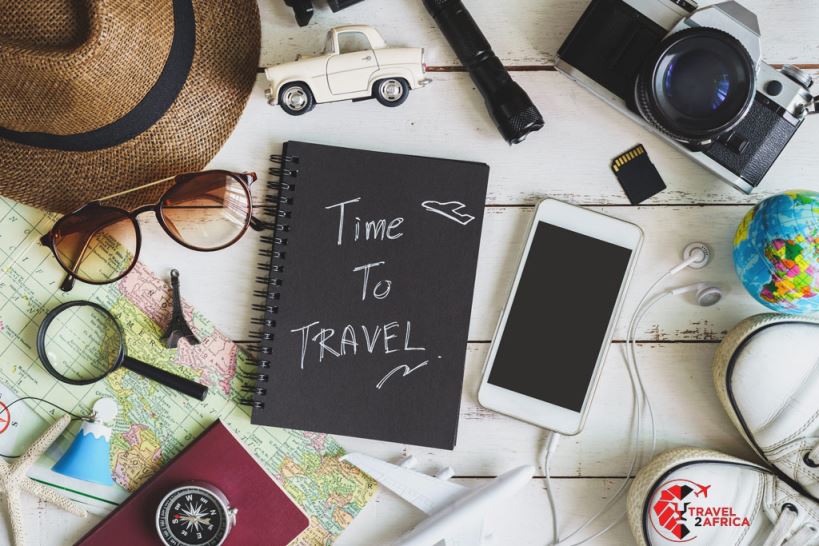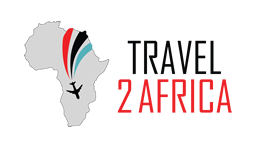
Choose your dates carefully, don’t book a holiday to South Africa in the peak tourism seasons, unless you are visiting family. Durban and Cape Town suffer from tourism overcrowding in the very busy holiday periods. The traffic on the road is hectic, restaurants are overbooked, and accommodation is scarce and more expensive in the peak season. It’s not fun waiting for ages to get a table at a restaurant or being stuck in holiday traffic on a gorgeous sunny day in Cape Town when you should be on the beach. Holiday destinations in South Africa get very busy during the Public Holiday period and coincide with school holidays. People take advantage of the public holidays to extend the number of days leave they can take and flock in their drive to holiday hotspots. If possible, avoid booking a holiday to South Africa at these busy periods;
- December/January: Christmas/New Year/end of year
- March/April: Easter/Summer school holiday
- July: Winter school holiday
- August/September: Spring school holiday
Here below a few things that will help you enjoy your holiday;
Pre-book your accommodation
South Africa is not Europe. You can’t arrive in a city and walk into an establishment and ask for a room. Don’t leave it to chance that you’ll find a decent room in a decent hotel in a decent location. Book ahead at the very least, for the first two nights of your holiday in South Africa. While you are at it, book in advance for a special restaurant you’d like to try. South Africa has excellent restaurants run by award-winning chefs and in the very busy holiday periods, like Christmas, these restaurants are usually fully booked months ahead.
Check your passport is valid
Make sure your passport is valid and has not expired. Important! Your passport must be valid for a minimum of six months after you leave South Africa and must have at least two blank pages in it. Authorities are very strict about this and you will have a problem at the airport if you make a mistake. Give yourself enough time before leaving for your holiday to apply for a new passport if necessary. Don’t leave it until the last moment.
Check visa requirements
Check online for visa and entry requirements for South Africa. For more information, visit: http://www.dha.gov.za/index.php/applying-for-sa-visa Get the documents you need if travelling to South Africa with children South Africa has introduced stringent requirements for children entering South Africa. For more information, visit: http://www.dha.gov.za/index.php/civic-services/travel-documents Do this well in advance as you will be denied access into South Africa if you don’t have the right documents. This is important if you are divorced or widowed. Parents travelling with children who are 18 years and younger must produce a full unabridged birth certificate for each child.
Get vaccinated if required
Speak to your doctor or someone at a travel clinic for information on any vaccinations you need for a trip to South Africa, and what health risks you must know about for the area you will be visiting. For more information, visit: https://wwwnc.cdc.gov/travel/destinations/traveler/none/south-africa Take malaria tablets if you are going to a malaria area This is not negotiable. Malaria can be deadly and must be taken seriously. Firstly, find out from your local travel clinic or online if you will be travelling to or through a malaria area.
Arrive in South Africa with some cash
You’ll need some cash for when you arrive in South Africa. There are ATM facilities in all the major airports and you can withdraw South African Rand on arrival. It’s safe to do so inside the airport, but don’t withdraw large amounts. One scam that is a big problem is thieves following foreigners from the airport to their hotels and holding them up if they think they have a lot of cash and valuables on them.
Plan your holiday wardrobe
Pack what you need for the seasonal weather variations. South Africa is not all sunshine and sweltering hot days. It can get bitterly cold and wet in the winter months in Cape Town and the Garden Route which experiences winter rainfall. And you can get caught in a violent thunderstorm in the Highveld which experiences summer rainfall. Seasoned travelers to South Africa pack layers of clothing. If you don’t want to travel with a thick, bulky jacket – bring a light, weatherproof jacket and wear layers of long sleeve shirts and cardigans under it. Bring warm scarves and beanies if you are going on a safari. It can get nippy on the back of an open vehicle in a game park on evening and night drives. Bring lots of socks – thick and thin, so you always have dry and warm feet if it gets wet and cold. And don’t worry, if you need clothes you can go shopping at the fantastic shopping malls in South Africa.
Pack what you need for a safari
Buy spare batteries and a memory card before you leave home or buy them at one of the large shopping centres when you arrive in South Africa. The convenience shops in Kruger National Park and other game reserves are very expensive and a bit of a tourist trap. They also might not stock what you need for your camera and mobile devices. Don’t forget to pack an international travel plug. South Africa uses a three-prong round plug. Bring an extra charger for your devices in case you leave yours behind in your hotel room. You don’t need heavy, rugged hiking boots for a safari unless you plan to do a walking trail in the Kruger Park. Pack a sturdy pair of walking shoes (sneakers) that are comfortable and waterproof, if you are worried about space in your luggage.
Be sensible and take the necessary precautions to stay safe in South Africa. The country has a high crime rate but the risk to overseas tourists is low because you very rarely venture off the beaten tourist path. Make wise decisions about where you travel, where you stay and who you engage with on holidays. Tourist scams from around the world are alive and happening in South Africa.
Carry your important documents like passports and identity documents, and any chronic medication in a separate bag to your day pack. Buy yourself a small, handy travel bag that goes over your shoulder and can be kept under your jacket when travelling. Keep it close to you at all times, preferably close to your stomach.
Use protection and practice safe sex. South Africa is plagued by the AIDS epidemic. If you have a penchant for prostitutes or are prone to picking up strangers in bars and pubs, be very careful. Aids is life-threatening, and it is critical that you take the necessary precautions. Don’t take dangerous risks with your life for the sake of a casual fling with a stranger.
Large townships like Soweto in Gauteng and Khayelitsha in Cape Town are home to some of the poorest people in the country; don’t go there unless you’re with a tour operator who knows these areas well and will keep you safe.
For a best South African experience and less worry about the driving, your safety, where you will go, what you will do and what you will eat, book with Travel2Africa. With Travel2Africa you will have an experienced tour guide with you 24/7 to ensure that you are well taken care of.

